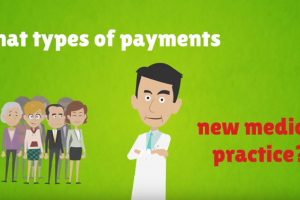Doctor credentialing is the process by which a third party evaluates the history, qualifications, experience, and ongoing education of a practicing physician or healthcare professional. Credentialing allows insurance companies and patients to ascertain the quality of care they can expect to receive from the doctor in question. It also protects patients by verifying any malpractice claims or disciplinary action that has been taken against the doctor.
First, the credentialing agency investigates the physician’s education and training. It is essential to ensure the doctor’s training is complete and that they are certified to practice medicine in each state where they are licensed. Next, the doctor is evaluated based on their personal and professional background and history. All information is verified through national agencies like the American Board of Medical Specialists. The doctor’s residency, licenses, and certifications are then researched and investigated by the credentialing company.
Doctor credentialing is used to inspect all aspects of a physician’s life, from their personal history to their malpractice insurance. As a practicing physician, it’s important to make sure that all areas of your professional life are accessible and accounted for to ensure an accurate vetting process. The process of credentialing is an on-going, career-long endeavor conducted to ensure transparency and integrity in the medical industry, and to give patients peace of mind about choosing you as their healthcare provider.
To learn more about practice setup, finance, billing, insurance, coding, outsourcing…everything a health care provider need to succeed, join DoctorsBusinessNetwork.com or visit Doctors Business Channel on YouTube!


